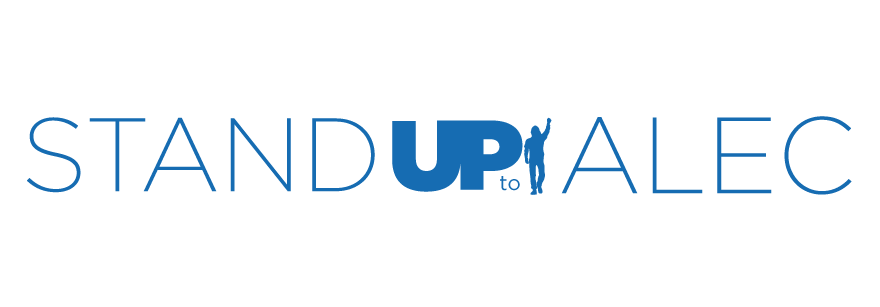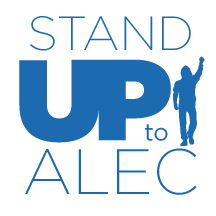For a few days in March, the American Enterprise Institute welcomed scores of business and political leaders to a private annual meeting at a resort on the Georgia coast. But only those who attended know what issues were discussed, strategy planned or promises made.
That’s because the ground rules for the invitation-only meeting required the participants’ confidentiality — even if some were elected leaders, discussing the public’s business.
An impressive array of power attended the conservative think tank’s World Forum 2014, according to a printed program first disclosed in late April by the Center for Public Integrity: House Speaker John Boehner and other Republican congressional leaders; potential 2016 GOP presidential hopefuls like Florida Sen. Marco Rubio, New Jersey Gov. Chris Christie and Wisconsin Gov. Scott Walker; Apple CEO Tim Cook; beer magnate Pete Coors; TD Ameritrade founder-turned-billionaire-conservative activist Joe Ricketts; and executives from multiple venture-capital firms.
Similar events occur across the political spectrum giving powerful people with deep pockets face-to-face exchanges with national and state leaders that the average American cannot match.
Last month, a group of liberals that included billionaire Tom Steyer — an environmental advocate pushing for government and industry to address climate change — held closed sessions in Chicago under the banner of Democracy Alliance to talk political strategy for progressive causes.
And in early May, state lawmakers from around the country convened privately in Kansas City, Mo., with business leaders as part of the corporately financed American Legislative Exchange Council. The group’s task forces met to write recommended bills on topics from education and tax law to environmental regulation, labor law and criminal justice that ALEC’s legislative members will sponsor in their statehouses.
Organizers and participants say the closed sessions allow public and private sector titans to discuss candidly topics ranging from foreign affairs and intelligence gathering to tax policy and elections strategy. But some open-government advocates say the events reduce confidence in the democratic process.
“This just creates more ways for mega-donors and elected officials to get together and talk about public policy behind closed doors,” said Miles Rapoport, the president of Common Cause, a national group that advocates for less concentration of political power.

